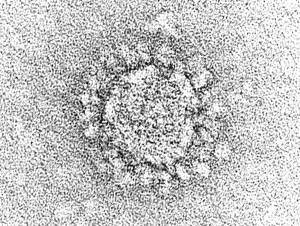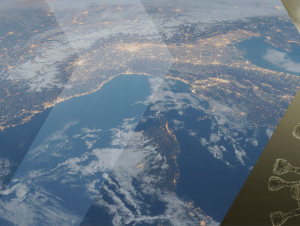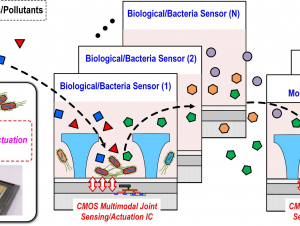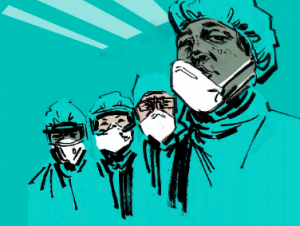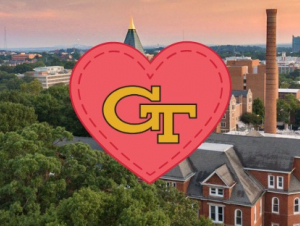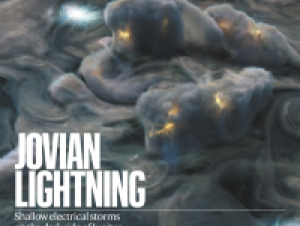To request a media interview, please reach out to experts using the faculty directories for each of our six schools, or contact Jess Hunt-Ralston, College of Sciences communications director. A list of faculty experts is also available to journalists upon request.
Latest News
Using simulated components of the coronavirus’s distinctive spike proteins, Georgia Institute of Technology researchers, along with colleagues at the Atlanta-based Centers for Disease Control and Prevention (CDC), are producing antibodies that could lead to improved testing techniques for the virus, potential treatments for those infected with it – and ultimately, perhaps, a vaccine that could prevent coronavirus infection altogether.
Professors Weitz and Gibson explain Georgia Tech surveillance testing results so far, the need for ongoing vigilance and increased participation, and respond to community questions. Alexa Harter, CIPHER Director for GTRI, shares and answers questions about NOVID app.
A team of researchers from the Georgia Institute of Technology and the Massachusetts Institute of Technology (MIT) have received a three-year, $1.5 million grant for their project entitled “SemiSynBio-II: A Hybrid Programmable Nano-Bioelectronic System.” The target applications for this technology are environmental monitoring and healthcare.
A pair from studies from School of Psychology researchers shows that health care professionals and older Americans are worrying more about personal safety, among other anxieties in the midst of the pandemic — which could signal significant mental health issues for these groups.
Trio of associate deans create group to share ideas, pool resources, and provide employment and volunteer opportunities to GT community.
The cover story for the August 6, 2020 issue of Nature features the optical observations of lightning flashes on Jupiter made by the Juno spacecraft. The article was written by select members of the NASA Mission Juno team, including ECE Professor Emeritus Paul G. Steffes. Steffes is a member of the Center for Space Technology and Research (C-STAR), which is co-led by Thomas Orlando (Chemistry and Biochemistry) and Glenn Lightsey (Aerospace Engineering).

